For those of you waiting with baited breath to see the Fabless community with the likes of Broadcom or Qualcomm challenge Intel in the data center space, you were just dealt a significant blow. Intel debuted their long awaited silicon photonics modules for what they called “lightning-fast” connectivity in data centers. Intel … Read More
Optimization and verification wins in IoT designs
Designers tend to put tons of energy into pre-silicon verification of SoCs, with millions of dollars on the line if a piece of silicon fails due to a design flaw. Are programmable logic designers, particularly those working with an SoC such as the Xilinx Zynq, flirting with danger by not putting enough effort into verification?… Read More
Webinar alert – Hybrid prototyping for ARMv8
All the talk about ARM server SoCs has been focused on who will come up with the breakthrough chip design. Watching trends like OPNFV develop suggests the big breakthrough is more likely to come on the ARMv8 software side. How do you quickly validate ARMv8 software when you don’t have the exact ARMv8 SoC target?… Read More
Time-saving modules expand Prototype Ready family
A big advantage of FPGA-based prototyping is the ability to run real-world I/O at-speed, significantly faster and more accurately than hardware emulation systems typically requiring a protocol adapter. Dealing with real-world I/O means more thorough verification of SoC integration, and the opportunity to optimize systems… Read More
Xilinx is Killing Altera!
At a recent outing with FPGA friends from days gone by, the long running Xilinx vs Altera debate has come to an end. The bottom line is that Xilinx has used the FUD (fear, uncertainty, and doubt) of the Intel acquisition quite effectively against Altera and is racking up 20nm and 16nm design wins at an alarming rate. It will be a while … Read More
TMR approaches should vary by FPGA type
We’ve introduced the concepts behind triple modular redundancy (TMR) before, using built-in capability in Synopsys Synplify Premier to synthesize TMR circuitry into FPGAs automatically. A recent white paper authored by Angela Sutton revisits the subject… Read More
S2C tutorial and PROTOTYPICAL debut at DAC
It’s been a busy few days here in Canyon Lake, and we’re ready to share exciting news in advance of #53DAC coming up on Monday, June 6[SUP]th[/SUP]. S2C is offering a technical program tutorial on “Overcoming the Challenges of FPGA Prototyping” followed by the launch of our latest book project, “PROTOTYPICAL”, including a field… Read More
One FPGA synthesis flow for different IP types
Both Altera and Xilinx are innovative companies with robust ecosystems, right? It would be a terrible shame if you located the perfect FPGA IP block for a design, but couldn’t use it because it was in the “wrong” format for your preferred FPGA. What if there were a way around that?
There is a compelling argument to use each FPGA vendor’s… Read More
SpyGlass DFT ADV accelerates test closure – Xilinx and Synopsys webinar
Fed up with ECOing your way out of test problems? You might want to register for this webinar.When you’re building monster SoC FPGAs, you have all the same problems you have with any other SoC. That includes getting to very high test coverage as quickly as you can with a design targeted to the most advanced processes. We’re not just … Read More


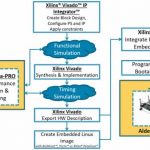
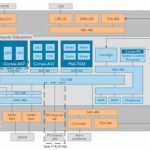
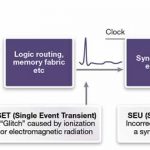
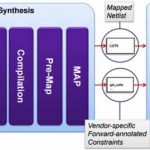
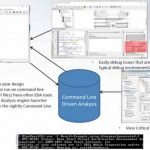
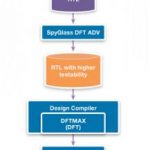
Semidynamics Unveils 3nm AI Inference Silicon and Full-Stack Systems